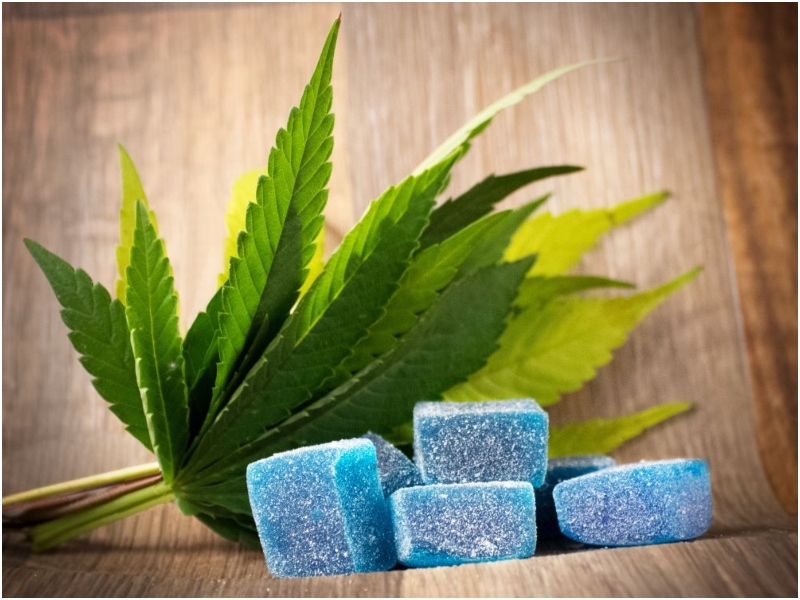In a move stirring debate and concern within Arizona’s cannabis industry, the state’s Attorney General, Kris Mayes, has declared delta-8 and delta-10, two novel psychiatric cannabinoids, as controlled substances under state law.
This decision, while acknowledging the potential federal legality of these substances, reinforces Arizona’s stance on the regulation of hemp-synthesized intoxicants.
In an opinion, the Attorney General emphasized the distinction between federal and state law, highlighting Arizona’s strict regulations on hemp-derived products intended for ingestion.
“Arizona law does not permit the sale of delta-8 and other hemp-synthesized intoxicants [including delta-10] by entities that have not been licensed by Health Services,” the Attorney General opined.
Despite the arguable legality of delta-8 and delta-10 under the 2018 Farm Bill, Arizona’s existing laws prohibit their sale in unlicensed establishments such as convenience stores and smoke shops.
Crucial factors influencing this determination include Arizona’s Medical Marijuana Act, which allows for the controlled use of medical marijuana under specific conditions, and the state’s definition and regulation of “industrial hemp.” The Attorney General’s concern for public safety further underlines the decision, particularly regarding the lack of regulation for these intoxicating hemp products.
Notably, the opinion also addresses the potential future regulatory oversight of delta-8 and delta-10, emphasizing the evolving nature of public health information surrounding these substances.
While this ruling may be perceived as a victory for the marijuana industry in Arizona, it also raises questions about competition and regulation within the cannabis market.
Critics of the opinion argue against its textual and policy justifications, suggesting that it may not fully align with federal law and could stifle innovation in the hemp industry.
However, the Attorney General’s stance on ingestible hemp products finds support in existing state regulations, particularly the prohibition of hemp products intended for consumption.
Ultimately, the fate of delta-8, delta-10, and other hemp-derived products in Arizona rests in the hands of the state legislature, which has the power to overturn or modify this opinion.
Until then, the ruling stands as a significant development in Arizona’s cannabis landscape, shaping the future of regulation and oversight in this evolving industry.

